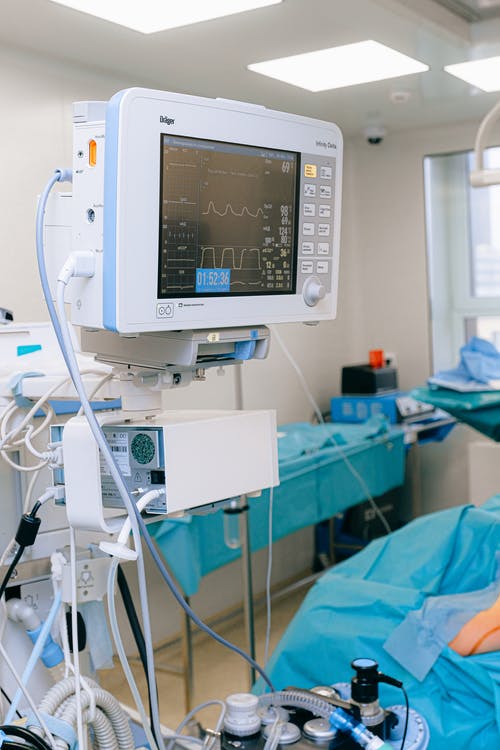Medical workers, much like the general population, should act responsibly when it comes to the patient’s well-being.
Medical workers, much like the general population, should act responsibly when it comes to the patient’s well-being. Surgical errors are one type of accident that can happen anywhere. Even though the term “accident” refers to accidental harm, medical personnel are nevertheless responsible for the victim’s post-treatment difficulties. If the surgery goes wrong, the patient’s ability to work and generate money may be harmed, and the patient may suffer long-term, severe impairments. The victim’s mental health may be harmed because of these stressful effects. A circumstance in which a practitioner unknowingly breaks his or her obligation and causes harm to the patient is known as medical negligence. This damage may be recoverable under the law.
Surgical difficulties that may have been predicted should not be mistaken with neglect.
Medical care can be difficult for others to comprehend. To be clear, most treatment techniques entail risk, which is both natural and unavoidable. Medical practitioners, on the other hand, have many responsibilities, one of which is risk warning. A patient is unlikely to be aware of the treatment’s potential hazards. Even the simplest medical procedures, however, can be dangerous. In a similar situation, the practitioner’s responsibility is to inform the patient about the risk, explain what could happen in the worst-case scenario, and obtain their consent before beginning the procedure.

Duty of care in medicine
Normally, the legal responsibility to prevent injury is known as the duty of care. The scope of the duty of care in medical professions is much broader. Even though the goal is the same, medical practitioners should be far more cautious. A responsibility of care exists throughout the procedure. The decision to go to the hospital is the first step in the treatment procedure. This also marks the start of a doctor’s duty of care. It is the medical professional’s responsibility to appropriately diagnose the patient’s illness, as mistake completely changes the course of treatment. Medical errors can occur almost at any time throughout a patient’s treatment. Prescription errors, for example, are one of the most common types of medical errors. Prescription medications can be fatal if administered incorrectly, and patients can have serious medical problems as a result. Correct prescriptions, on the other hand, should be backed up by modifying the medication’s dosage. Many drugs have been documented to cause substantial injury to the brain, muscle system, and nerve system of patients when administered inappropriately.
Surgical errors can result in a variety of serious, permanent, and even fatal consequences.
In medical therapies, human error is unavoidable. This can be reduced by being responsible in the treatment of the patient. The technique must be followed completely and correctly. Small mistakes might lead to life-threatening medical disorders. Doctors, for example, should assess the patient’s durability prior to operation. Because obese and unwell persons may not be able to resist surgery, the patient’s medical history, current condition, and ongoing therapies and drug usage should all be considered before the operation is approved. The patient’s ongoing drug use, as well as any other medical issues, may have an adverse effect on the therapy method that the specialists will use. Birth deformities are another example. Many problems during the delivery of the infant are known to be caused by the human aspect. New-born babies are delicate and defenceless. As a result, they must be treated with extreme caution, as even minor pressure on the baby might result in lasting harm. During and before labour, the mother should get the same level of care. Positioning the patient during labour and delivery can be crucial. Another fact is that mistakes in pregnancy care occur. Pregnant women can take drugs, but they should do so in moderation. Prescription mistakes can also happen during pregnancy.


Join the conversation!